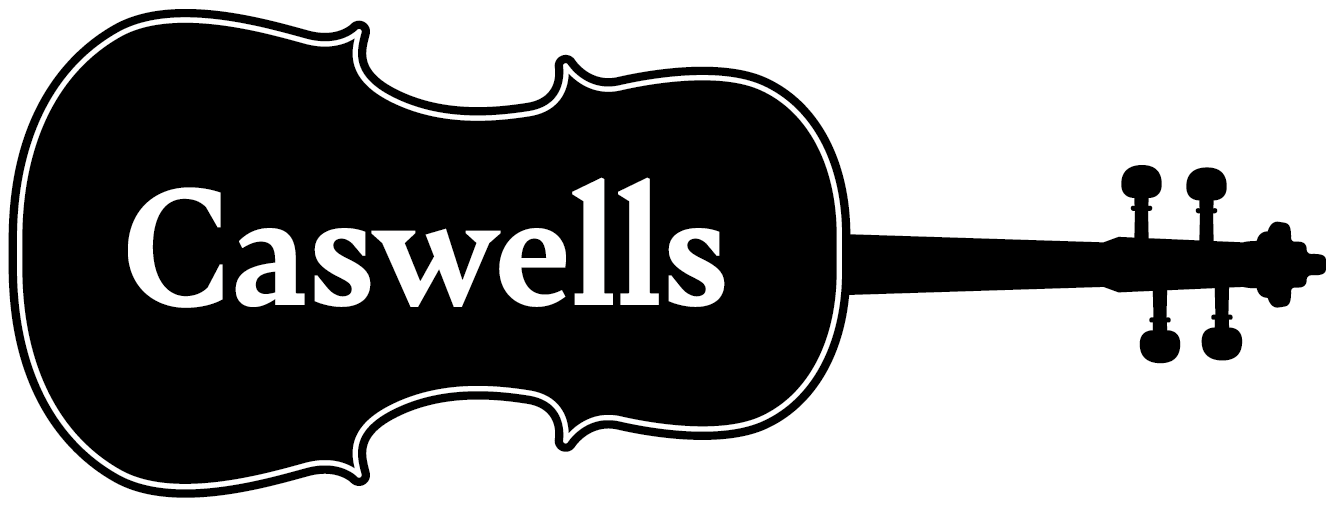Practise, practise and practise a well known professional musician once said when asked what he does in his spare time! All very well you may reply but every time I remind my budding musician to practice it is perceived as a ‘nag’. I’ve often tried the positive approach – ‘well dear that was really beautiful, can we have it again’, only to get a quizzical sceptical response. So what next?
As we all know constant practice is critical to the mastery of any stringed instrument. In a child’s life, however, this can come a very poor last in all the duties of the day – rugby, networking, hacking (horses I mean!), ballet, and of course the ‘homework’ set by ‘rival’ teachers.
So let experience talk! First off a positive approach is the right one and especially of the non-interfering ilk! Create an atmosphere of encouragement by relating to the instrument, the music he/she is playing and by introducing them to the same piece played by famous musicians – just keep it playing in the background. Next set aside a specific time for the practice. Before school is often simply not practical, but usually you can squeeze a half hour or so into the evening – and try to get this into a fixed routine. Make sure that the instrument is easily accessible by buying a suitable instrument stand upon which the beautiful Violin/Cello resides, just asking to be picked up, caressed and played.
What about parent/ teacher interaction. This is really critical as it provides the impetus needed to move the pupil forward. Check the diary after every lesson and note your teacher’s comments and suggestions. This interaction is very important and can really make or break the whole process of learning. If you budding musician is anxious to please either you or the teacher, the battle is half won – they will be self-starting and keen to progress. I see no reason, too, why you cannot offer rewards for attaining a certain standard, even such a simple thing as the mastery of a passage or completion of a set piece.
Last but not least is the provision of a suitable instrument. This may sound obvious and simplistic but a violin, for example, that is badly set-up, which is too small or of poor quality and with basic factory strings, can be and can sound ugly! There is no incentive to pick it up and be creative or even attempt to emulate the great masters. The provision of an inexpensive but well set-up instrument with ungraded strings (Preludes or Dominants for example) can make all the difference to the player’s enjoyment and incentive to practise.
And enjoyment is, after all, what it is all about
Lance




Before school works great for my daughter and me. She wakes early so we listen to the pieces over breakfast then she practices for half an hour before we head out. It’s a daily routine now, which I think also helps.